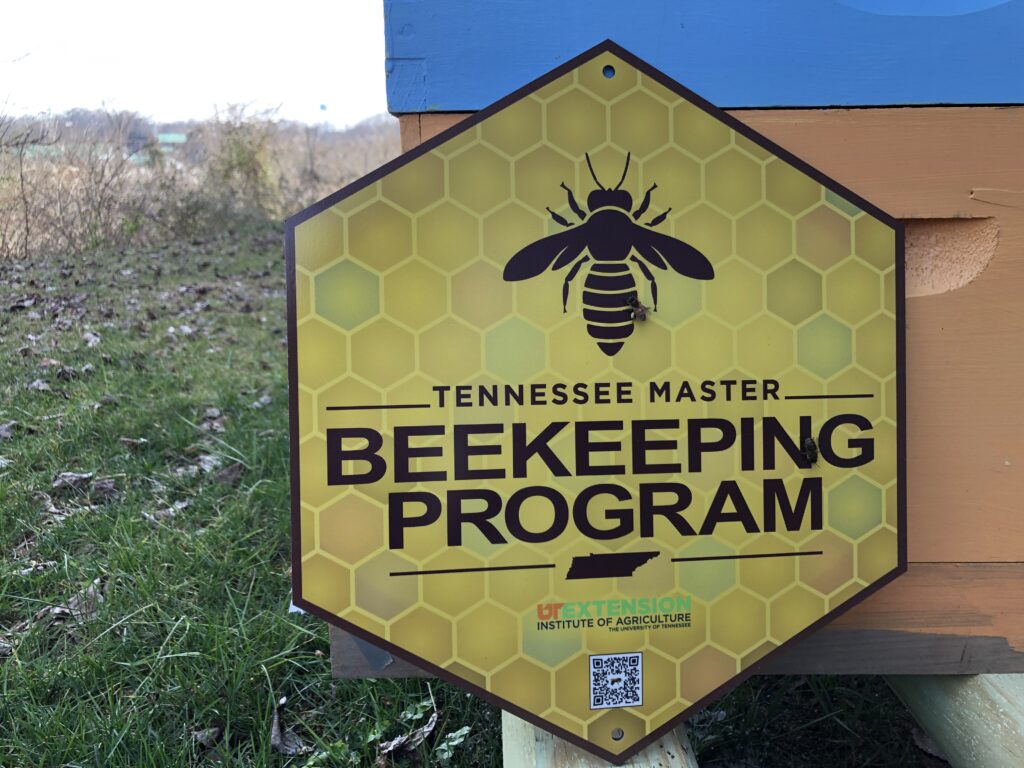TN Master Beekeeping Program
The Tennessee Master Beekeeping Program is a school for all beekeepers, regardless of operation size or experience level. The goal is to improve the knowledge of TN beekeepers about beekeeping, and the program is dedicated to beekeepers in Tennessee.

TN Master Beekeeping Classes
Tennessee Master Beekeeping classes are coordinated by the State Apiculturist (Jennifer Tsuruda) and the State Apiarist (Mike Studer) and put on in cooperation with county Extension offices.
There are no prerequisites for the Basic Level class. Even if you do not have bees yet, you will learn skills to help you be a successful beekeeper. Classes are capped at 35 participants and may be cancelled if a minimum of 15 participants is not met. These classes are for participants aged 18 and over; younger youth are encouraged to participate in their county’s Extension 4-H Entomology & Beekeeping Program. Please note that if you intend to take the Advanced class in the future, the Basic Level class is a prerequisite – no waivers or exceptions.
The 2025 TN Master Beekeeping Program classes are open for registration:
- Basic level classes: tiny.utk.edu/mbp_basic
- Advanced level classes (must have completed the basic class in 2024 or earlier): tiny.utk.edu/mbp_adv
*If the class you are interested in is full, please fill out the Interest Form and follow the instructions for being contacted if a seat opens up.
